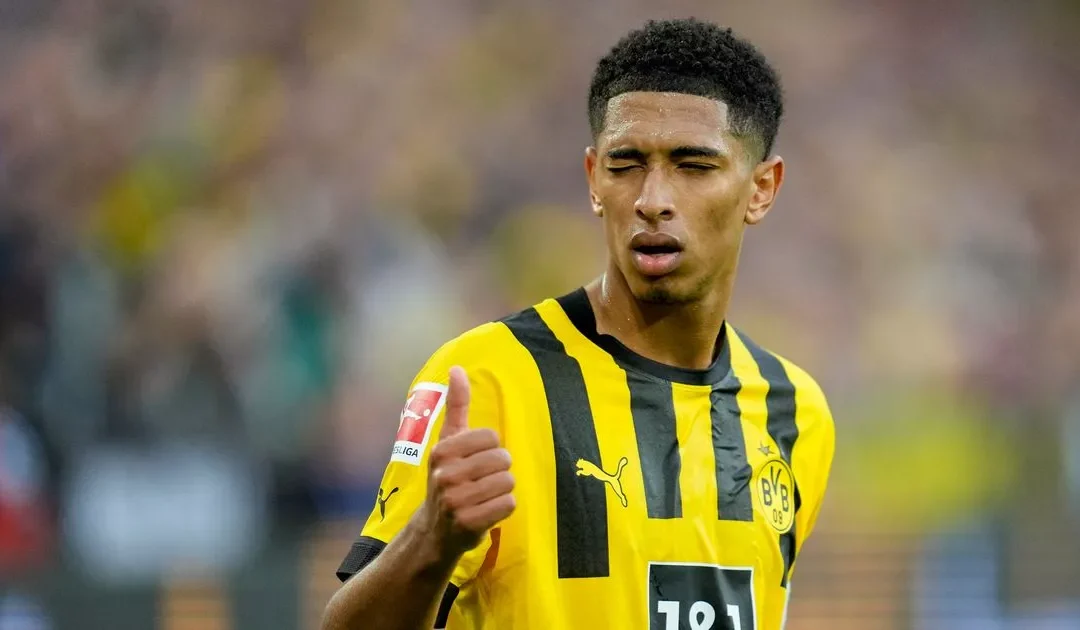Football, a global phenomenon, isn’t just about the beautiful game on the pitch; it’s also about the intense drama and speculation that unfolds during the transfer windows. The world of football transfers and rumors is a captivating realm that keeps fans on the edge of their seats, eagerly awaiting the latest developments and anticipating the impact on their favorite teams. In this article, we delve into the intricate web of football transfers, exploring the motivations, the gossip mill, and the rollercoaster of emotions that define this dynamic aspect of the sport.
The Transfer Window:
Football transfers are not a mere administrative formality but rather a strategic chess game played by clubs worldwide. The transfer window, a specified period during which clubs can buy and sell players, intensifies the drama. With the primary transfer windows typically occurring in the summer and winter, clubs have a limited time frame to strengthen their squads, address weaknesses, and offload surplus talent.
The Business of Transfers:
At the heart of football transfers lies the intricate dance between clubs, agents, and players. Clubs aim to secure the best talent to elevate their performance, players seek opportunities for growth and success, and agents facilitate these transactions while negotiating lucrative deals. Transfers are not only about football skills but also about market value, contract negotiations, and financial considerations.
Rumors: The Fuel of Speculation:
The football rumor mill operates as a parallel universe, generating speculation that captivates fans and keeps them engaged throughout the transfer window. Unsubstantiated reports, leaked information, and cryptic social media posts all contribute to the frenzy. Whether it’s a star player’s cryptic tweet or an agent dropping hints, the rumor mill thrives on ambiguity, leaving fans to connect the dots and speculate on potential moves.
Media’s Role:
Media outlets play a pivotal role in fueling transfer speculation. Transfer rumors dominate sports headlines, and journalists often become conduits for leaks and inside information. While some reports are grounded in truth, others are pure speculation. The constant barrage of news keeps fans hooked, creating a sense of anticipation and excitement as they wait for official announcements.
Player Power:
In recent years, a significant shift has occurred in the power dynamics of transfers. Players now wield more influence in choosing their destinations, negotiating contracts, and even forcing moves if necessary. Social media platforms have become powerful tools for players to express their desires or frustrations, shaping the narrative surrounding potential transfers.
High-Stakes Negotiations:
The negotiation process in football transfers is a high-stakes game where every detail matters. Clubs haggle over transfer fees, add-ons, and contract terms, while agents strive to secure the best deal for their clients. The tension often escalates as deadlines loom, leading to last-minute negotiations and frenzied deal-making.
Unveiling the Sagas:
Certain transfers become sagas, captivating the football world with their twists and turns. The saga of a transfer often includes prolonged negotiations, unexpected obstacles, and dramatic unveilings. The suspense created by these sagas adds an extra layer of excitement to the transfer window, turning it into a spectacle that fans eagerly follow.
Impact on Teams and Fans:
The outcome of transfers has a profound impact on both the teams involved and their fanbases. A successful transfer can elevate a team to new heights, while a disappointing one can lead to frustration and disappointment among supporters. The emotional investment fans have in their clubs intensifies during transfer windows, making every announcement a moment of celebration or commiseration.
Globalization of Transfers:
The football transfer landscape has become increasingly global, with players moving across continents in pursuit of new challenges. European clubs often target South American talent, while Asian and African players are making their mark in European leagues. This globalization not only enhances the diversity of talent but also expands the global reach and appeal of football.
Conclusion:
Football transfers and rumors have evolved into a spectacle that transcends the game itself. The drama, intrigue, and speculation surrounding player movements create a narrative that captivates fans worldwide. As the football world continues to evolve, the transfer windows will remain a thrilling chapter in the sport’s story, providing endless excitement and anticipation for fans eager to witness the next big move.
-
What is a football transfer?
- A football transfer refers to the process in which a player moves from one football club to another. This involves the negotiation and completion of a transfer deal between the buying and selling clubs.
-
When do football transfers take place?
- Football transfers generally take place during specific periods known as transfer windows. The primary transfer windows are usually in the summer and winter, allowing clubs to strengthen their squads.
-
What is the purpose of a transfer window?
- Transfer windows provide a designated time frame during which clubs can buy and sell players. This helps maintain the competitive balance in football and prevents constant player movement throughout the year.
-
How long do transfer windows last?
- Transfer windows vary by country, but the main ones are typically in the summer (June to early September) and winter (January).
-
What is the significance of transfer fees?
- Transfer fees are the monetary amounts paid by the buying club to the selling club to acquire a player’s services. These fees vary based on the player’s skill, market demand, and contract status.
-
Why are there transfer rumors?
- Transfer rumors are speculative reports about potential player moves. These rumors often emerge from leaked information, agent statements, or cryptic social media posts, keeping fans intrigued and engaged during transfer windows.
-
How much truth is there in transfer rumors?
- While some transfer rumors are based on credible information, others are purely speculative. It’s essential for fans to distinguish between reliable sources and sensationalized rumors.
-
What role do agents play in football transfers?
- Agents act as intermediaries between players and clubs during transfer negotiations. They negotiate contracts, transfer fees, and other terms, working to secure the best deal for their clients.
-
How do players influence transfers?
- In recent years, players have gained more influence in transfers. They can express their desires to move, negotiate contracts directly, or use social media to communicate with fans and the media.
-
What are transfer sagas?
- Transfer sagas refer to prolonged and dramatic transfer negotiations that capture widespread attention. These sagas often involve unexpected twists and turns, creating suspense and anticipation among fans.
-
How do transfers impact teams and fans?
- Successful transfers can significantly improve a team’s performance, while unsuccessful ones can lead to frustration among fans. The emotional investment fans have in their clubs makes transfer periods a time of heightened excitement and anxiety.
-
Are there any restrictions on transfers?
- FIFA and national football associations have regulations governing transfers, including rules on registration periods, financial fair play, and eligibility of players. These regulations aim to maintain the integrity and fairness of the transfer system.
-
Do players have a say in their transfers?
- Yes, players often have a say in their transfers. They can negotiate with interested clubs and decide whether to accept or reject a transfer offer. However, the final decision is usually a collaborative effort involving the player, agents, and the selling club.
-
Why do some transfers fall through?
- Transfers can fall through due to various reasons, including failed contract negotiations, medical issues, financial disagreements, or unexpected complications in the final stages of the deal.
-
How has globalization impacted football transfers?
- Globalization has led to an increase in international transfers, with players moving between continents for new challenges. This trend enhances the diversity of talent in football and expands the global appeal of the sport.
These FAQs provide insights into the complex and dynamic world of football transfers and rumors, offering a better understanding of the processes and factors involved in player movements within the football industry.

